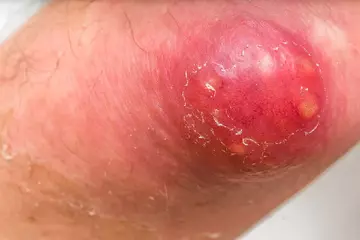Psychopathy is a personality disorder that is defined by antisocial behaviour, inability to empathise or feel remorse along with disinhibited traits. Psychopaths are often characterised as having an egotistical personality. Currently, no psychiatric body has approved a diagnosis titled psychopathy but it is commonly used in criminal court settings, by the general public and press as well. It is important to note that there is a significant difference between psychosis and psychopathy.
Psychopathy is defined on the basis of a checklist along with the triarchic model, which suggests that there are three characteristics of varying degrees that comprise psychopathy.
They are as follows:
-
Boldness: Patients have an excessive amount of self-confidence and social assertiveness. Psychopaths are usually tolerant of stress and danger. The amygdala (part of the central nervous system) is associated with fear.
-
Disinhibition: Patients have a lack of impulse control such as problems controlling urges, difficulties in planning and poor behavioural restrictions. The frontal lobe of the brain is responsible for control and inhibition.
-
Meanness: Patients lack empathy and are unable to form close relations with others, are extremely cruel to feel empowered, possess tendencies to exploit others and have a destructive nature.
Psychopathic people belong to a wide variety of cultural groups and ethnicities. Some research suggests that nearly 1% of males and 0.7% of females have psychopathic traits. Although, sometimes patients may demonstrate traits linked to psychopathy but do not qualify as psychopaths.
(Read more: Mental health)

 Doctors for Psychopathy
Doctors for Psychopathy 















































